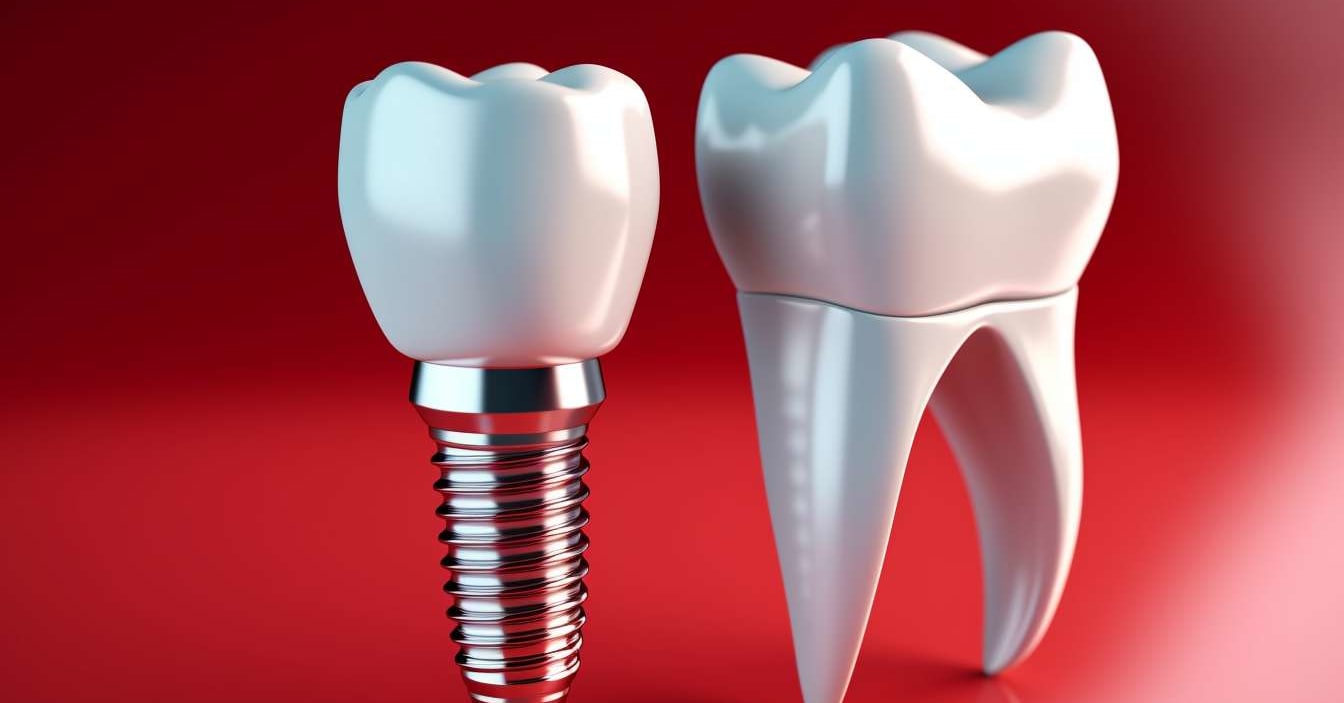Discover the Future of Dental Implants: Screwless Solutions 2025
Dental implant technology continues to evolve rapidly, with screwless solutions emerging as a promising advancement for 2025. These innovative systems offer particular benefits for elderly patients, reducing surgical complexity and recovery time while potentially lowering costs. As dental restoration options expand, understanding the coming developments in screwless implant technology becomes increasingly important for those considering tooth replacement solutions.

Dental implants have revolutionized tooth replacement options over the decades, offering durability and natural-looking results. As we look toward 2025, a significant innovation is gaining momentum in the dental industry: screwless dental implants. This advancement represents a potential paradigm shift in implant dentistry, particularly beneficial for elderly patients who may have specific health considerations. The technology promises to simplify procedures, reduce recovery time, and potentially make implant solutions more accessible to a broader population.
How Screwless Implants Benefit Elderly Patients
Traditional dental implants involve titanium screws surgically inserted into the jawbone, which can be challenging for some elderly patients. Screwless implants utilize innovative connection mechanisms that reduce trauma to bone tissue. For seniors with compromised bone density or health conditions that affect healing, these systems offer significant advantages.
The screwless design typically involves press-fit or friction-based connections that distribute forces more evenly throughout the jawbone. This can be particularly beneficial for elderly patients who may experience slower healing processes or have concerns about extensive surgical procedures. Additionally, the reduced surgical complexity often means fewer appointments and a more comfortable overall experience.
Dental Implant Costs for Seniors in Your Local Area
Understanding the financial aspects of dental implants remains a critical consideration for seniors. Currently, dental implant costs vary significantly based on location, provider expertise, and the specific treatment plan. In most local areas, a single traditional dental implant typically ranges from £1,500 to £3,000, including the abutment and crown components.
Many dental practices offer senior-specific payment plans or discounts to make these procedures more affordable. Some insurance providers have also begun to offer partial coverage for implants, recognizing their long-term health benefits. When exploring options in your local area, it’s advisable to request detailed cost breakdowns from multiple providers and inquire about financing options specifically designed for retirees or pension recipients.
How Much Does a Full Set of Teeth Implants Cost?
For those requiring complete dental restoration, full-arch solutions represent a significant investment. Current prices for a full set of teeth implants using traditional methods typically range from £15,000 to £30,000 per arch in the UK market. These costs encompass initial consultations, imaging, surgery, materials, and follow-up care.
All-on-4 or All-on-6 solutions, which use four to six implants to support an entire arch of teeth, generally fall in the £12,000 to £25,000 range per arch. These solutions are often more cost-effective than individual implants for every tooth position. The emerging screwless technologies may potentially reduce these costs by simplifying the surgical procedure and reducing chair time, though exact pricing structures are still developing.
Projected Screwless Dental Implants Prices
As screwless implant technology advances toward wider implementation in 2025, pricing structures are beginning to take shape. Early market indicators suggest that screwless systems may initially command premium prices due to their innovative nature, with single implant solutions potentially ranging from £2,000 to £3,500. However, as adoption increases and manufacturing scales, these prices are expected to stabilize.
The total treatment cost will still depend on factors such as diagnostic imaging, preparatory procedures, and the final prosthetic components. Some dental clinics have begun offering early adopter programs that provide discounted rates for patients willing to embrace these newer technologies, which may represent an opportunity for cost savings.
Screwless Dental Implants Price Projections for 2025
Industry analysts project that by 2025, as screwless implant systems become more mainstream, competitive market forces will likely drive price adjustments. The technology may reach price parity with traditional screw-based systems, with potential cost advantages due to reduced surgical time and fewer components.
Here’s a comparison of projected dental implant options for 2025:
| Implant System | Provider Examples | Estimated Cost Range (2025) |
|---|---|---|
| Traditional Screw Implants | Nobel Biocare, Straumann | £1,600 - £3,200 per implant |
| Basic Screwless Systems | Anthogyr, TRI Dental | £1,800 - £3,500 per implant |
| Advanced Screwless Systems | DentalTech Solutions, ImplantDirect | £2,200 - £4,000 per implant |
| Full-Arch Screwless Solutions | ClearChoice, Zirconia Solutions | £14,000 - £28,000 per arch |
Prices, rates, or cost estimates mentioned in this article are based on the latest available information but may change over time. Independent research is advised before making financial decisions.
The projected price ranges reflect anticipated market developments based on current technology trajectories. For elderly patients specifically, the potential reduction in surgical complexity may translate to fewer complications and therefore fewer additional expenses for follow-up treatments, potentially improving the overall value proposition despite initial costs.
Choosing Between Traditional and Screwless Options
When considering dental implant options, particularly for elderly patients, several factors beyond cost deserve careful consideration. Screwless systems may offer advantages in terms of reduced surgical trauma, potentially faster healing times, and simpler maintenance requirements. However, they may not be suitable for all clinical situations, particularly cases requiring specific angulation or involving severe bone loss.
Consultation with dental professionals experienced in both traditional and innovative implant systems remains essential. Many leading implantologists now offer personalized treatment planning that considers not just the technical aspects of different implant systems but also patient-specific factors such as age, bone quality, medical history, and lifestyle needs.
As 2025 approaches, the dental implant landscape continues to evolve with screwless technologies representing an important development, particularly for elderly patients seeking more comfortable and streamlined tooth replacement solutions. While these innovations promise potential benefits in terms of patient comfort and procedural simplicity, careful consideration of individual circumstances, including financial factors, remains essential when planning dental implant treatment.
This article is for informational purposes only and should not be considered medical advice. Please consult a qualified healthcare professional for personalized guidance and treatment.




